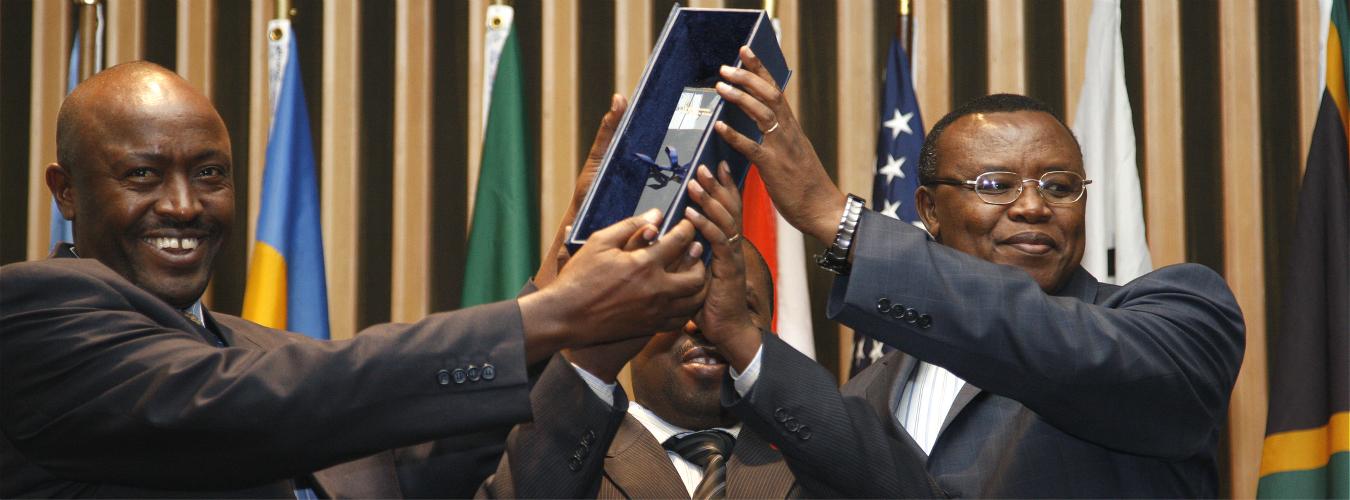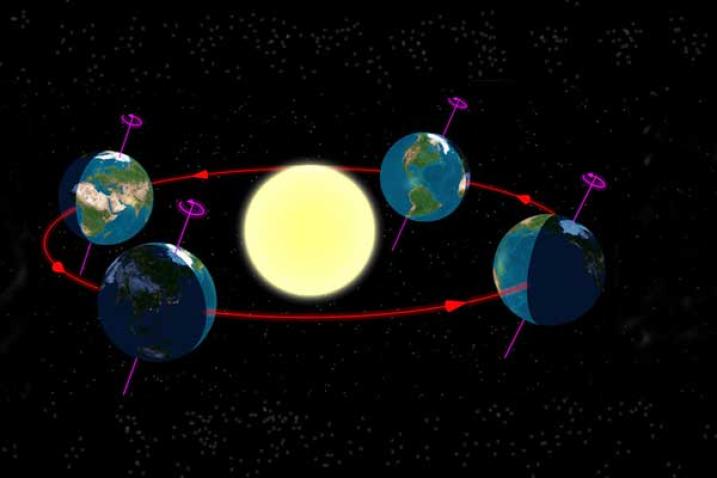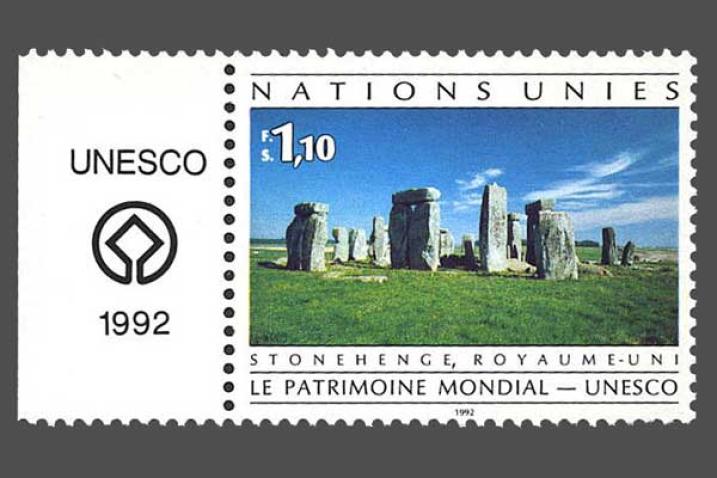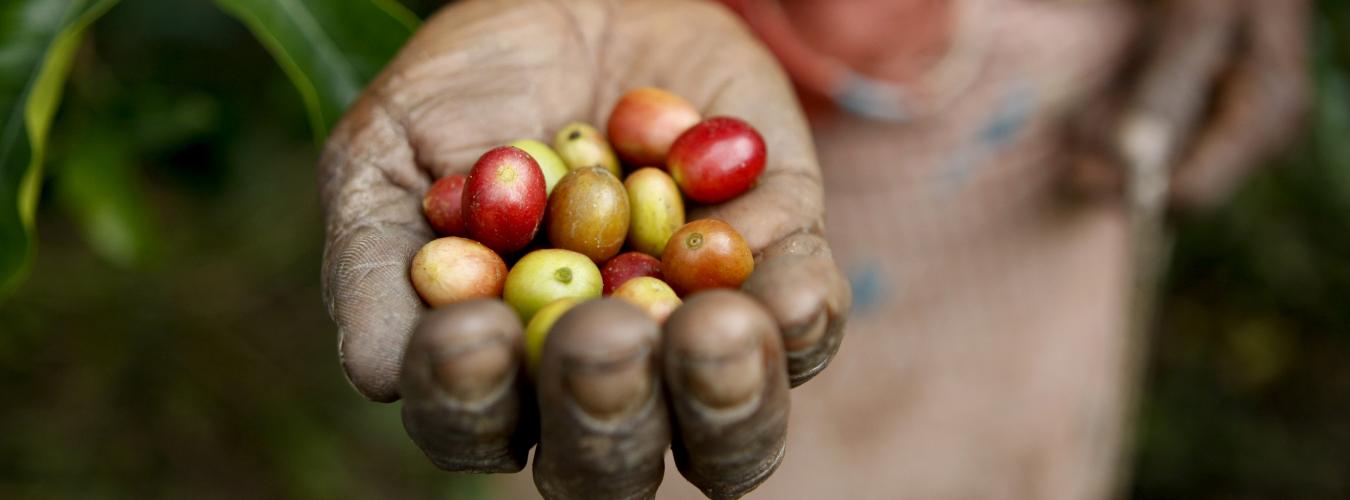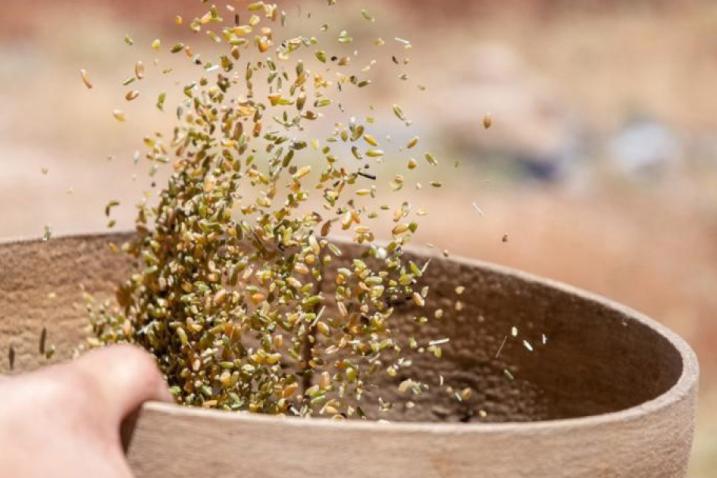The solstice as the embodiment of the unity of cultural heritage and centuries-long traditions
Culture is the set of distinctive spiritual, material, intellectual and emotional features of society or a social group, and it encompasses, in addition to art and literature, lifestyles, ways of living together, value systems, traditions and beliefs. Thus, culture is at the heart of contemporary debates about identity, social cohesion, and the development of a knowledge-based economy.
Therefore, in our increasingly diverse societies, it is essential to ensure harmonious interaction among people and groups with plural, varied and dynamic cultural identities, as well as their willingness to live together. In this sense, cultural diversity is the common heritage of humanity, and it should be recognized and affirmed for the benefit of present and future generations.
Mindful that the solstices and equinoxes symbolize the fertility of the land, agricultural and food production systems, cultural heritage and their millenary traditions; the General Assembly of the United Nations acknowledged that the celebration of those events is an embodiment of the unity of the cultural heritage and centuries-long traditions, and further play a significant role in strengthening the ties among peoples on the basis of mutual respect and the ideals of peace and good-neighborliness. It, therefore, recognized 21 June as the International Day of the Celebration of the Solstice.
Background
A solstice — derived from the Latin sol ("sun") and sistere ("to stand still"), because the seasonal movement of the Sun's daily path (as seen from Earth) appears to "stand still" at a northern or southern limit before reversing direction — is an event that occurrs when the Sun reaches its most northerly or southerly day-arc relative to the equator. Therefore, there are two solstices that occur annually: around June 21 (commonly known as "Summer Solstice" for being the first day of summer and the longest day of the year) and December 21 (commonly known as "Winter Solstice" for being the first day of winter and the shortest day of the year).
On the other hand, an equinox — derived from the Latin aequinoctium, from aequus (equal) and nox (night) — is commonly regarded as the instant when the center of the visible Sun is directly above the Equator, and this occurs twice each year: around 20 March (called "Spring Equinox" as it marks the begining of spring in most cultures) and 23 September (called "Autumnal Equinox" as it marks the beginning of autumn). The equinoxes are the only times when the solar terminator (the "edge" between night and day) is perpendicular to the equator, and hence daytime and nighttime are of approximately equal duration.
The solstices, together with the equinoxes, are connected with seasons, harvists and livelihood. Therefore, many cultures celebrate various combinations of the solstices, the equinoxes, and the midpoints between them, leading to various holidays arising around these events.
Summer solstice fire festivals in the Pyrenees
Inscribed on UNESCO's Representative List of the Intangible Cultural Heritage of Humanity
The summer solstice fire festivals take place in the Pyrenees each year on the same night when the sun is at its zenith. Once night falls, people from different towns and villages carry flaming torches down the mountains to light a variety of traditionally constructed beacons. The descent is a special moment for young people, signifying the transition from adolescence to adulthood. The festival is considered a time for regenerating social ties and strengthening feelings of belonging, identity and continuity with celebrations including popular folklore and communal dining. Roles are assigned to specific people. In some municipalities, the mayor is involved with lighting the first beacon. In others, a priest blesses or lights the fire. Elsewhere, the most recently married man lights the fire and leads the descent to the village. Often, young unmarried girls await the arrival of the torchbearers in the village with wine and sweet pastries. In the morning, people collect embers or ashes to protect their homes or gardens. The element has deep roots among local communities and is perpetuated thanks to a network of associations and local institutions. The most important locus of transmission is the family, where people keep the memory of this heritage alive.





